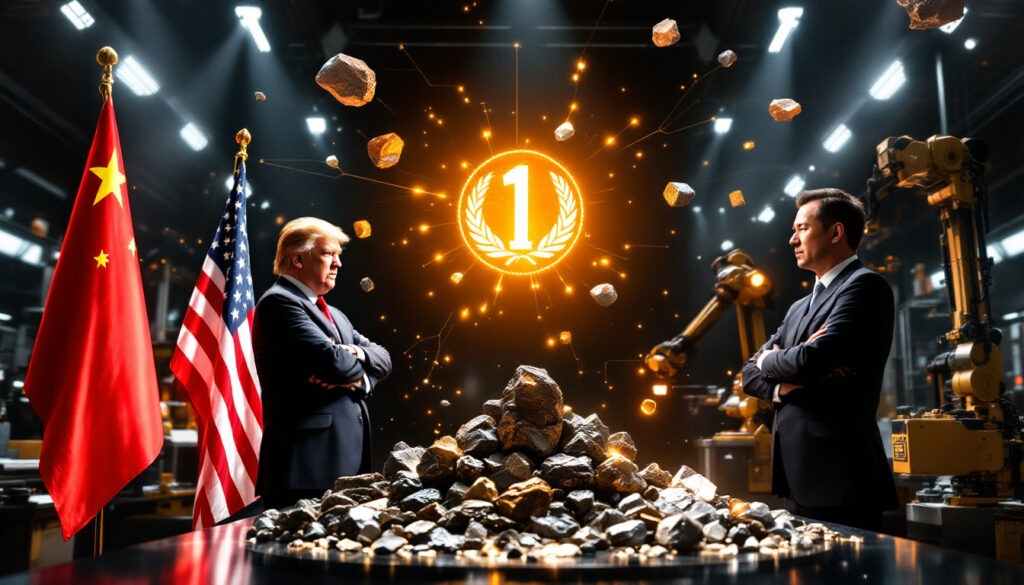In a dramatic escalation of the US-China trade war, China has slapped sweeping export controls on seven key rare earth elements, causing shockwaves in the American technology and defense sectors. The action, a retaliatory response to President Trump's recent tariff increases, has the potential to disrupt supply chains for everything from electric cars and smartphones to advanced military equipment.
Key Highlights:
China, which dominates 90% of the world's rare earth refining, has suspended exports of strategic elements such as dysprosium and neodymium used in EVs, wind turbines, and missile defense systems. Already, deliveries have ceased at a number of ports as Beijing rolls out a new licensing regime.
The US, while cutting its dependence on Chinese rare earth imports to 80% in 2017 down to around 70% today, is still highly reliant on China for processing, with even US-sourced materials frequently exported to China to be refined.
The limits have revealed weaknesses in US supply chains, and defense contractors and tech giants have been racing to find alternative sources. The Pentagon depends on Chinese-processed rare earths for F-35 jets, missile guidance, and radar systems.
In turn, the US and India have signed a "Strategic Mineral Recovery" alliance, with the goal of ending China's monopoly by creating new mining and refining capacity. But experts caution that it will take years for these efforts to come to fruition.
Industry leaders such as Elon Musk emphasize that though rare earths are not geologically rare, China's control over refining is the key bottleneck.
Sources: Economic Times, Times of India, Indian Express
